When it comes time for you to borrow money to start or expand your business, remember that bankers are risk averse. Their main interest is getting their loan repaid in a timely fashion. Lenders assess the risk factors of the loan through their evaluation of the borrower, using the 5 C’s of credit: collateral, cash, capacity, conditions, and character.
Not so long ago, a person could go into his or her bank and talk with the lender about a business loan, and, in the course of the conversation, the topics would turn to friends, family and acquaintances. It was the job of the banker to know what was going on in the community. The banker knew who you were and if you were the kind to honor your debts. If he didn’t know, he would ask someone who did.
With corporate mergers, takeovers and a mobile population, it is rare that a commercial lender will know or have the time to find out about your character. Lenders use the credit report as a substitute for an evaluation of the character of the borrower. It also has made the loan evaluation and underwriting process more objective than before.
Georgia has one of the highest personal bankruptcy rates in the continental United States. The commercial lenders know this and strive to protect their interests through requiring solid collateral and doing a credit check. A bad credit report will severely damage your chances for loan approval.
If you haven’t checked your credit report within the past year, you should do so now. What you don’t know can hurt you. Don’t wait to be blindsided when you meet with the lender to discuss the loan proposal and the lender has questions about adverse information on the report. Residents of Georgia are allowed by state law to receive two free credit reports a year from all of the credit reporting bureaus which includes Experian, Trans Union, and Equifax.
You need to know what the credit report says and how to interpret what it means. In the ratings game having straight “ones” (pays on time) is the best report card to have, having “twos” means that you have gone over 30 days but less than 60 in paying back debt. An occasional “two” is a slight blemish on your record. When “threes,” “fours,” and “fives” are listed, eyebrows in the bank are arched with suspicion. “Seven” means that your wages have been or are being garnished. An “eight” means that you have had property repossessed for non-payment, a “nine” indicates that the creditor gave up on collecting from you and charged you off to bad debt. Red flags are going up and alarms are being sounded in the lender’s office.
If your numbers are high, you may still salvage your relationship with the lender by presenting mitigating circumstances, a prolonged illness, a divorce, a corporate layoff. These events coupled with indications that you are attempting to pay back your debts may allow the lender to ease up on the credit report requirements. By inspecting your credit report on a regular basis you will save yourself much embarrassment later on by having reasonable explanations for the problem areas on your report.
At the same time you may find information that does not belong to you. The credit bureaus receive hundreds of millions of bits of credit information from retailers and service providers from around the country. The information about you is entered into your file manually and errors can creep into your files. These errors can occur if your name is similar to another and their credit problems were assigned to you. If the data entry person is off by one digit on a social security number, you may inherit somebody’s bad credit report. It stays on your report until you do something about it, namely, challenging the credit information, in writing, with the offending credit bureau. You have to be persistent with the credit bureaus if they are slow to remove the errors.
(Source: Peter Rassel, SBDC Georgia State University Office)


